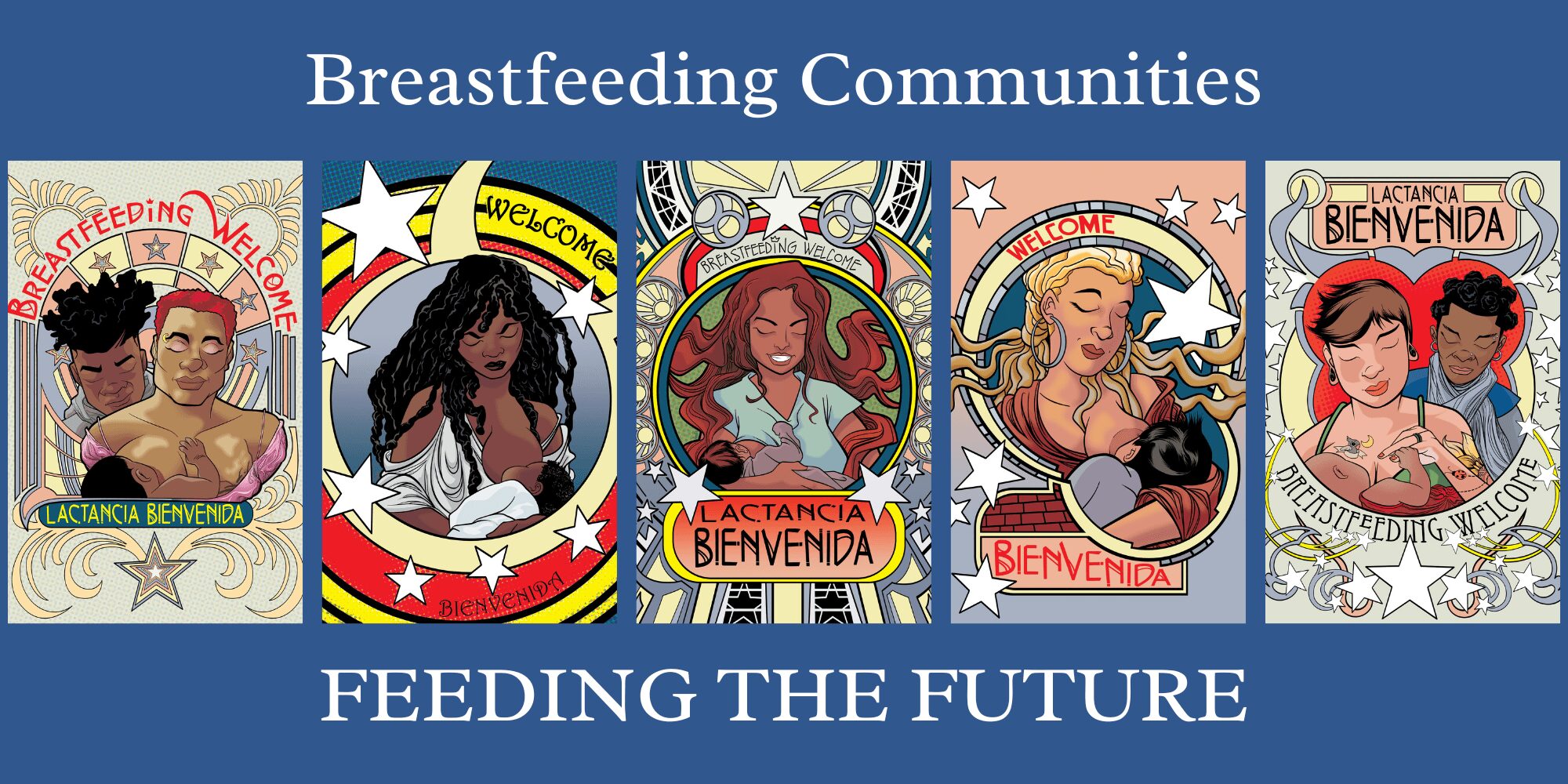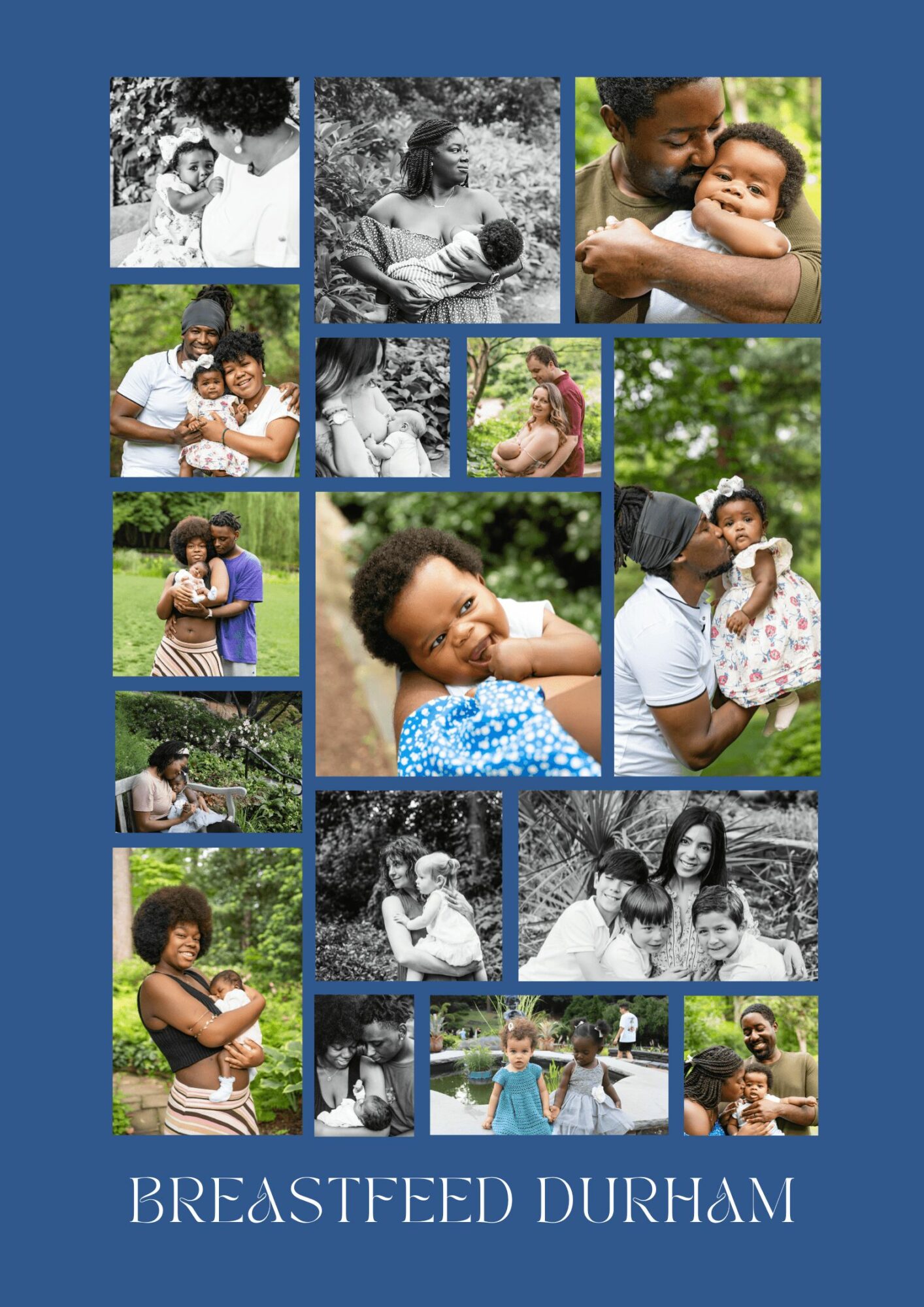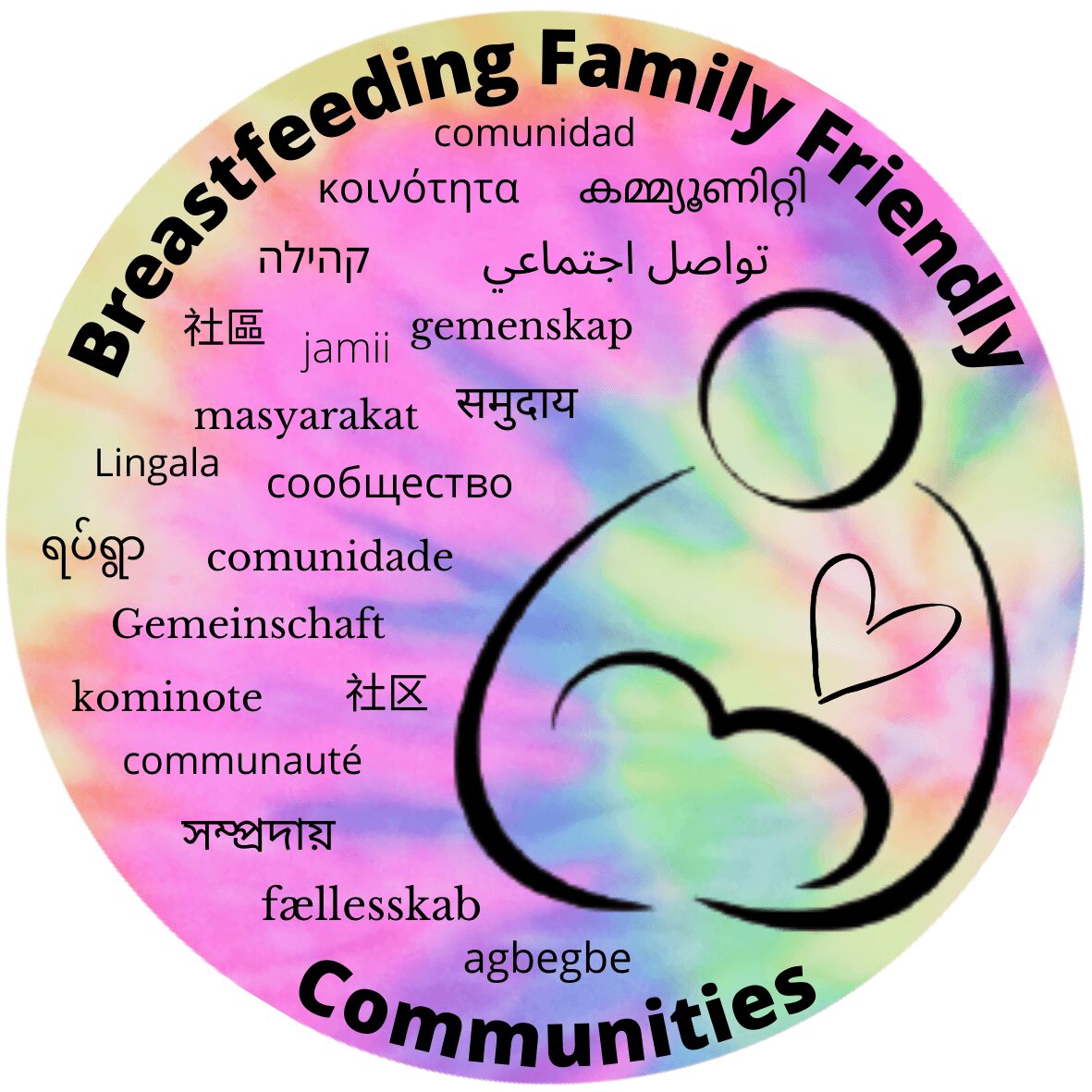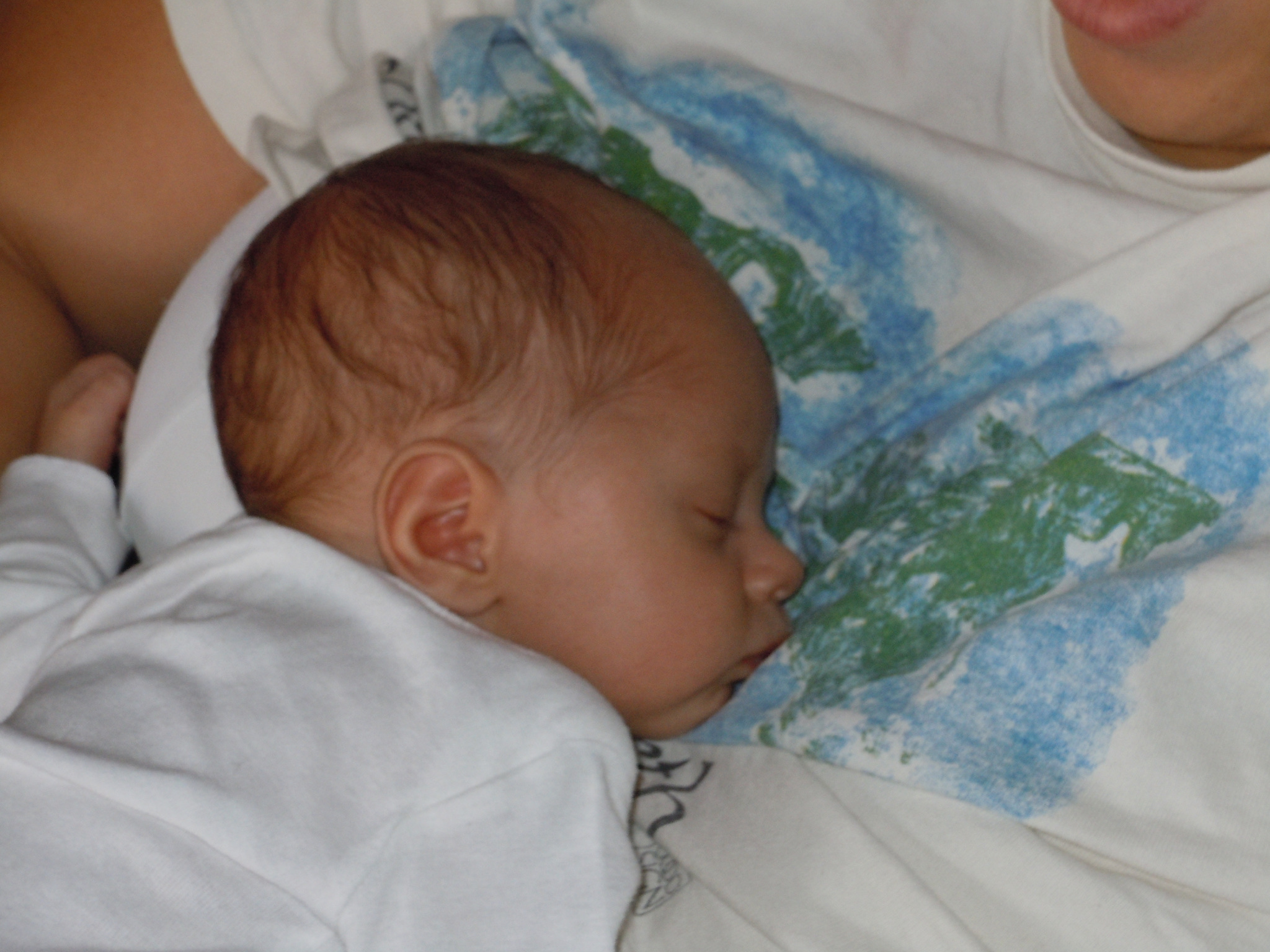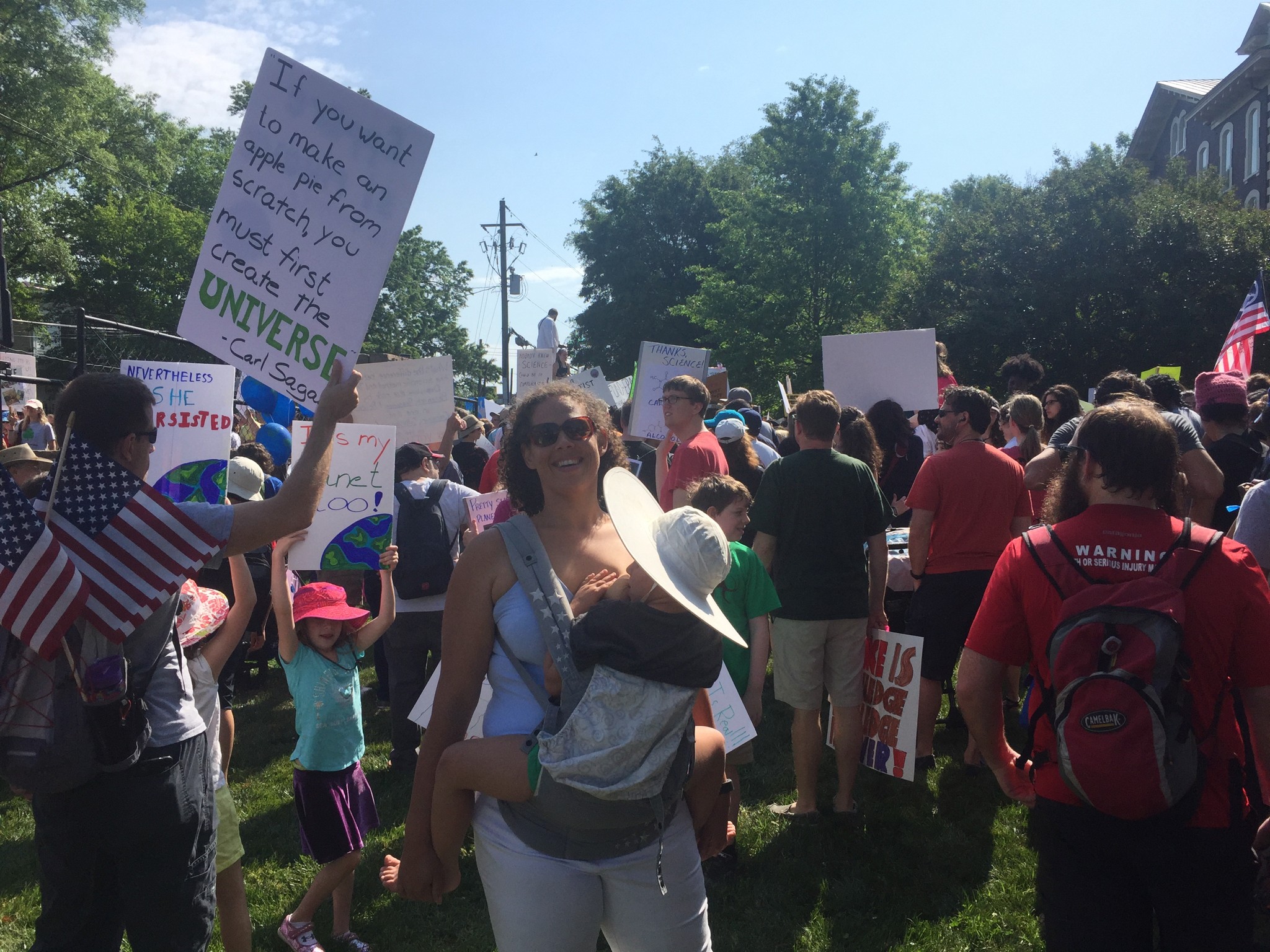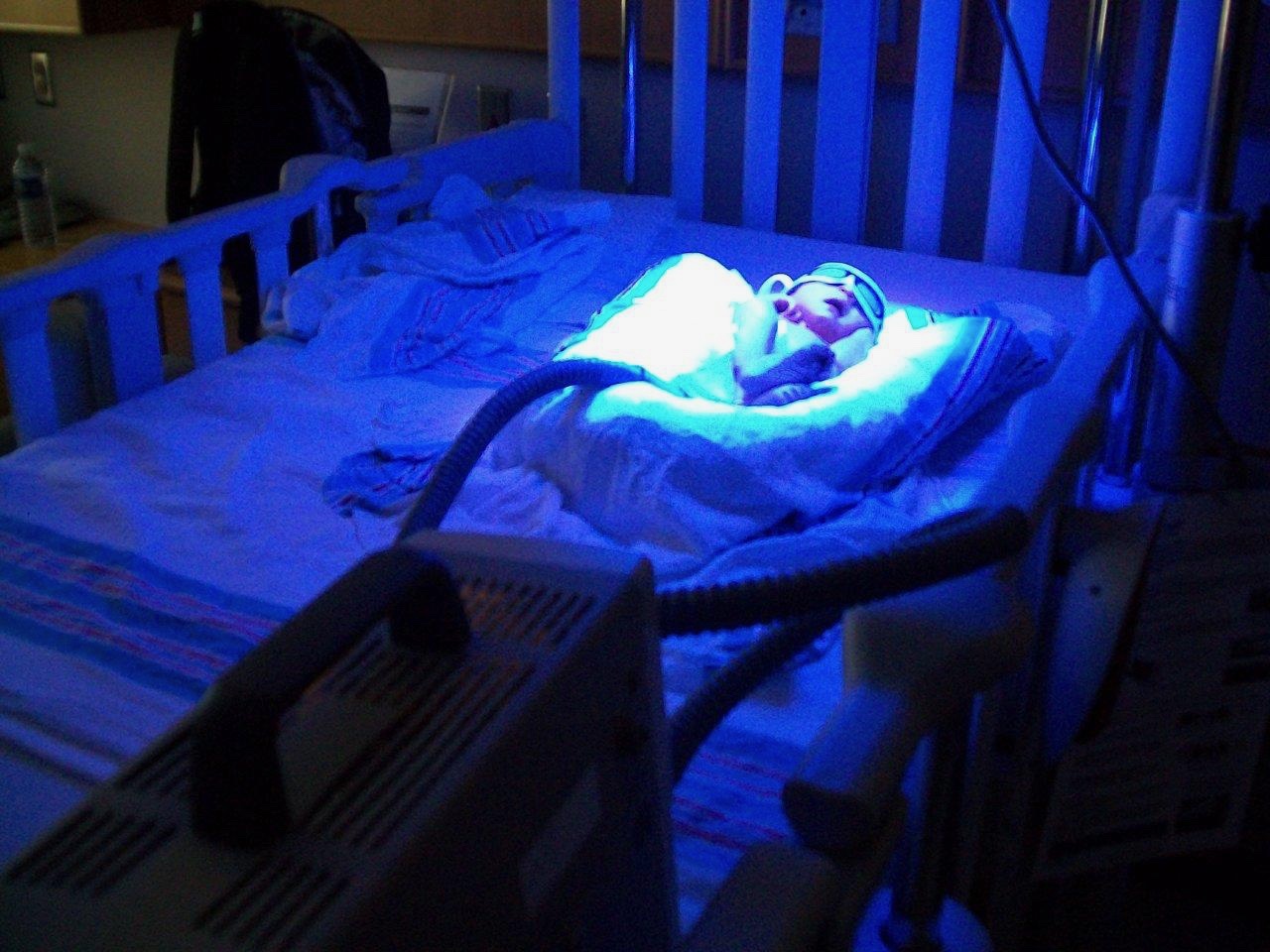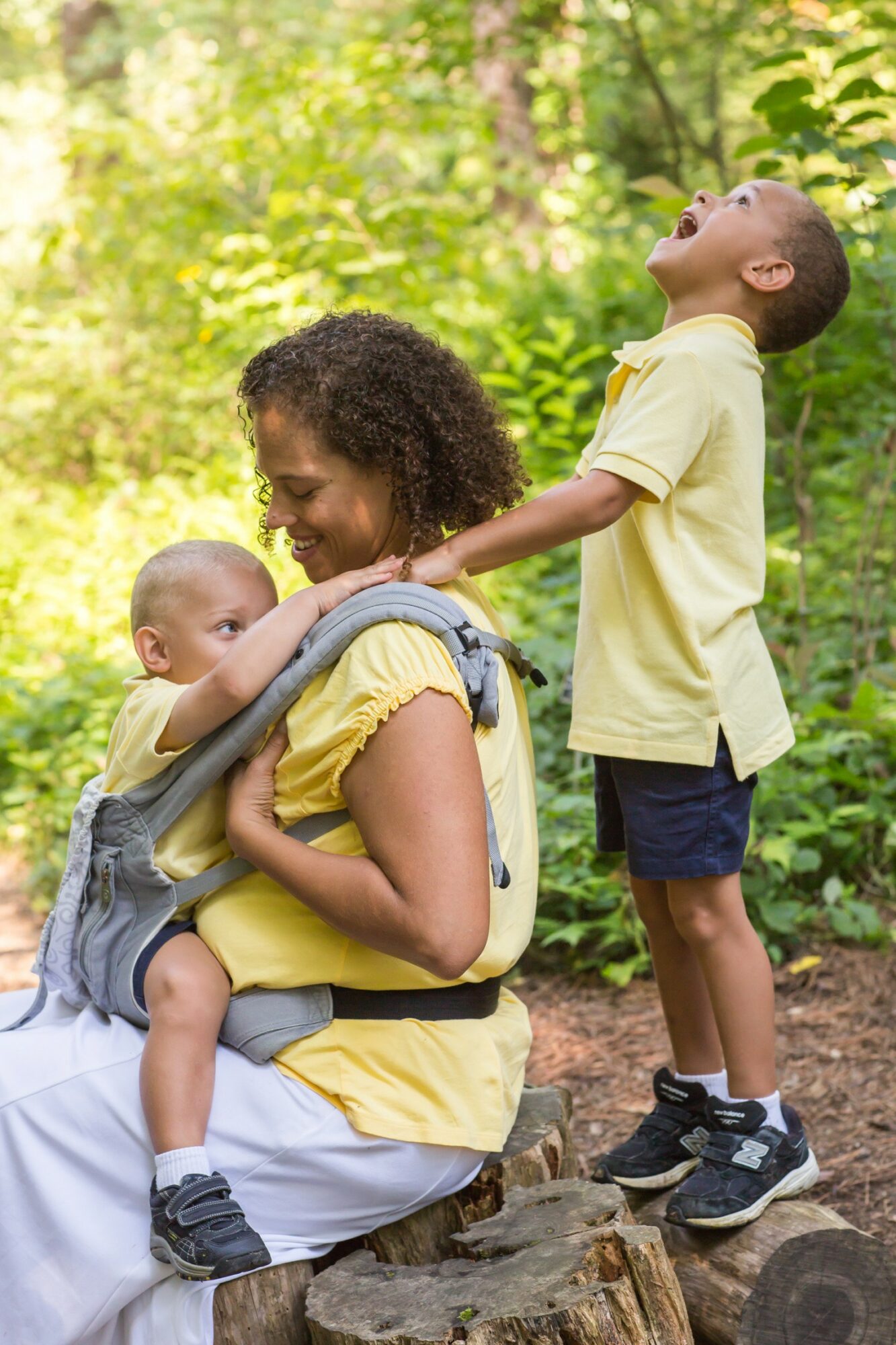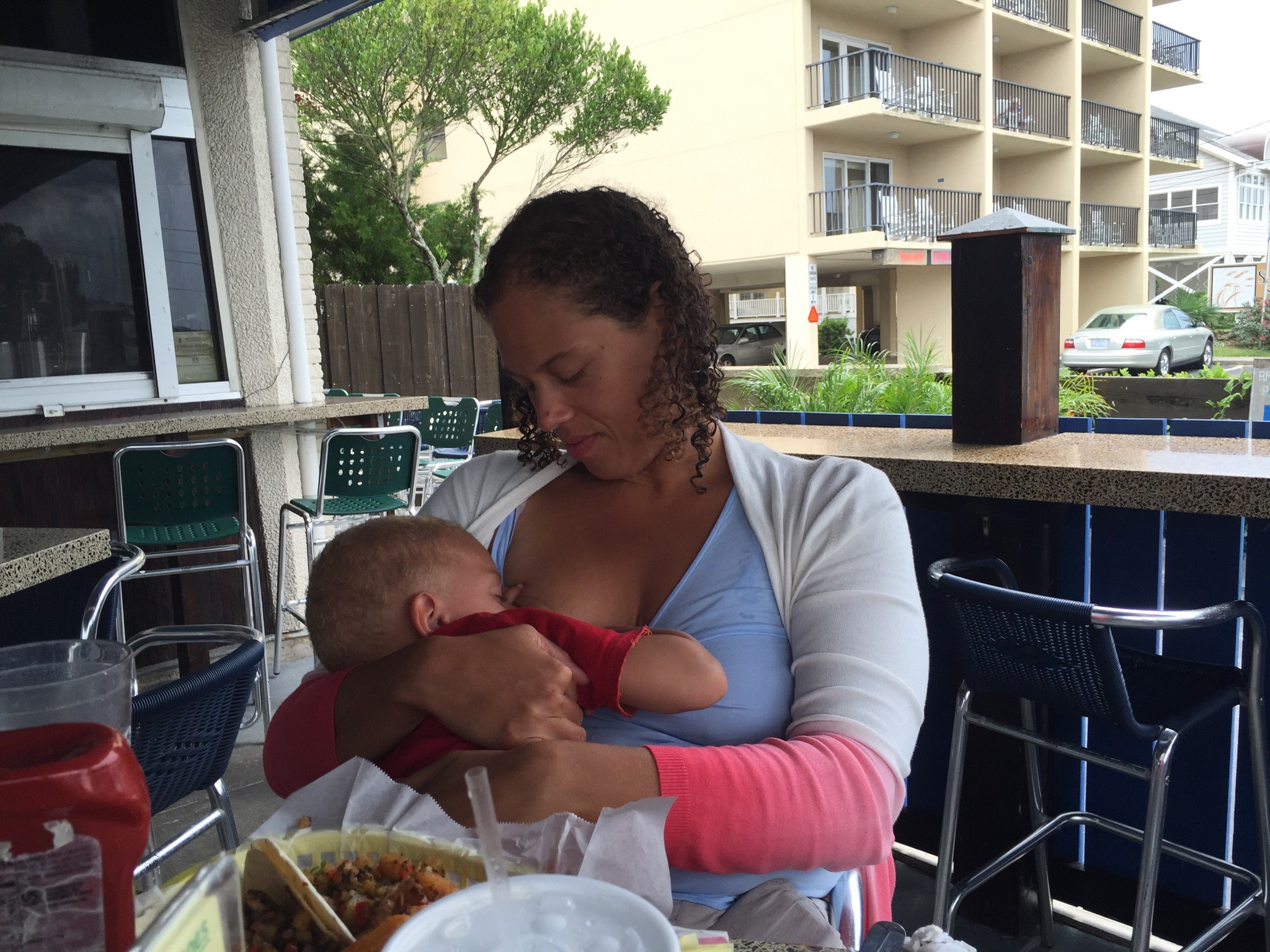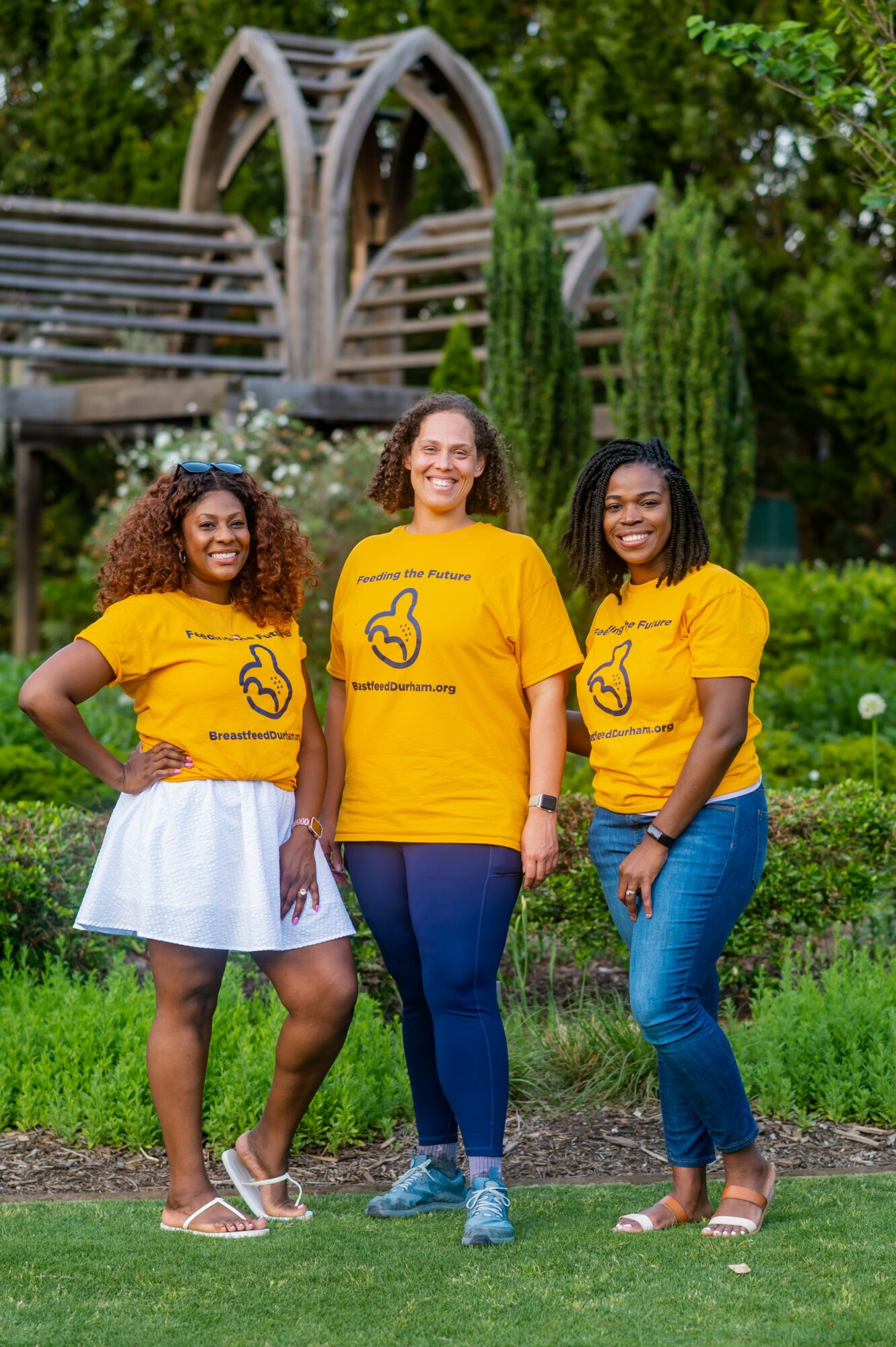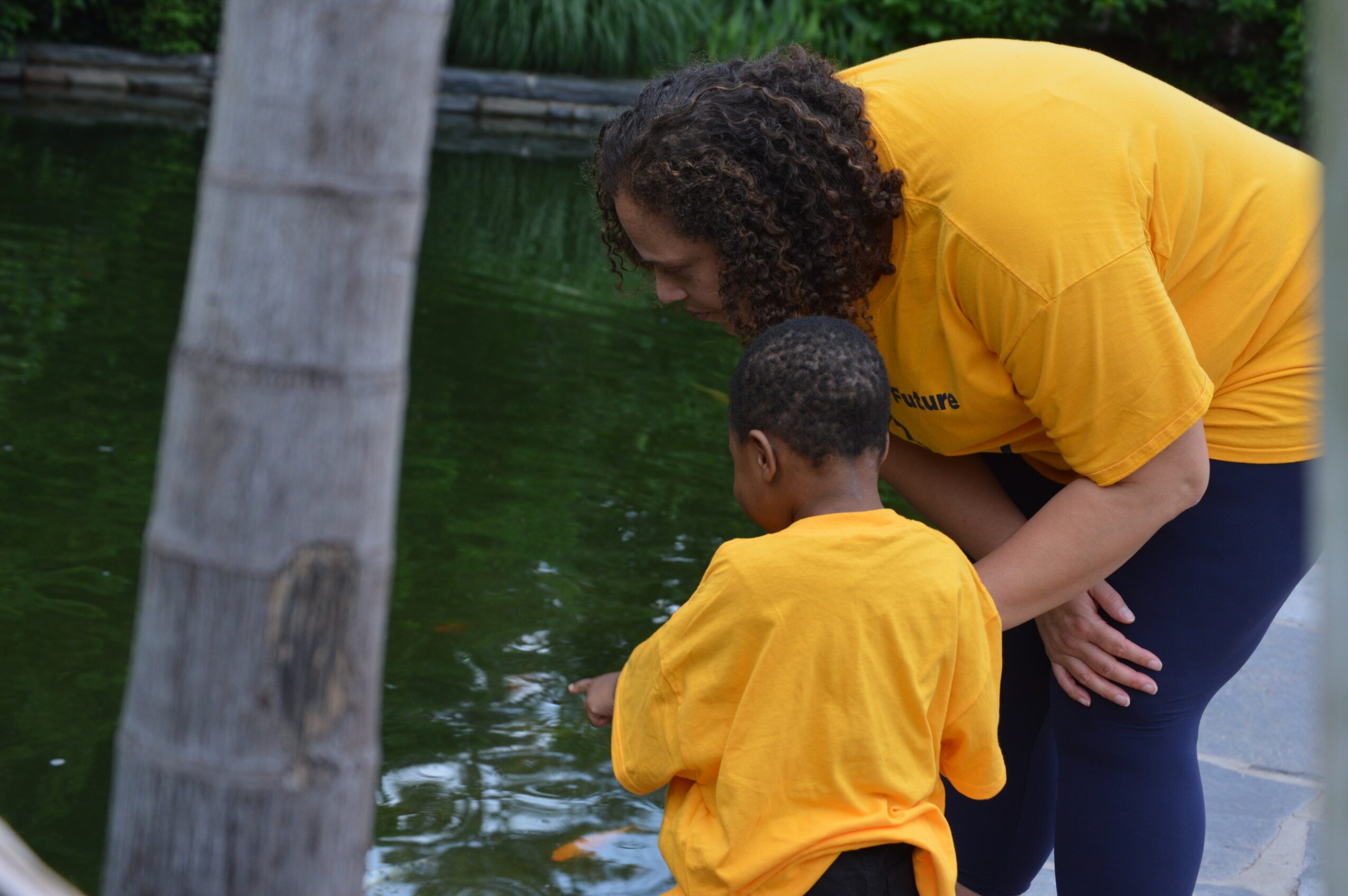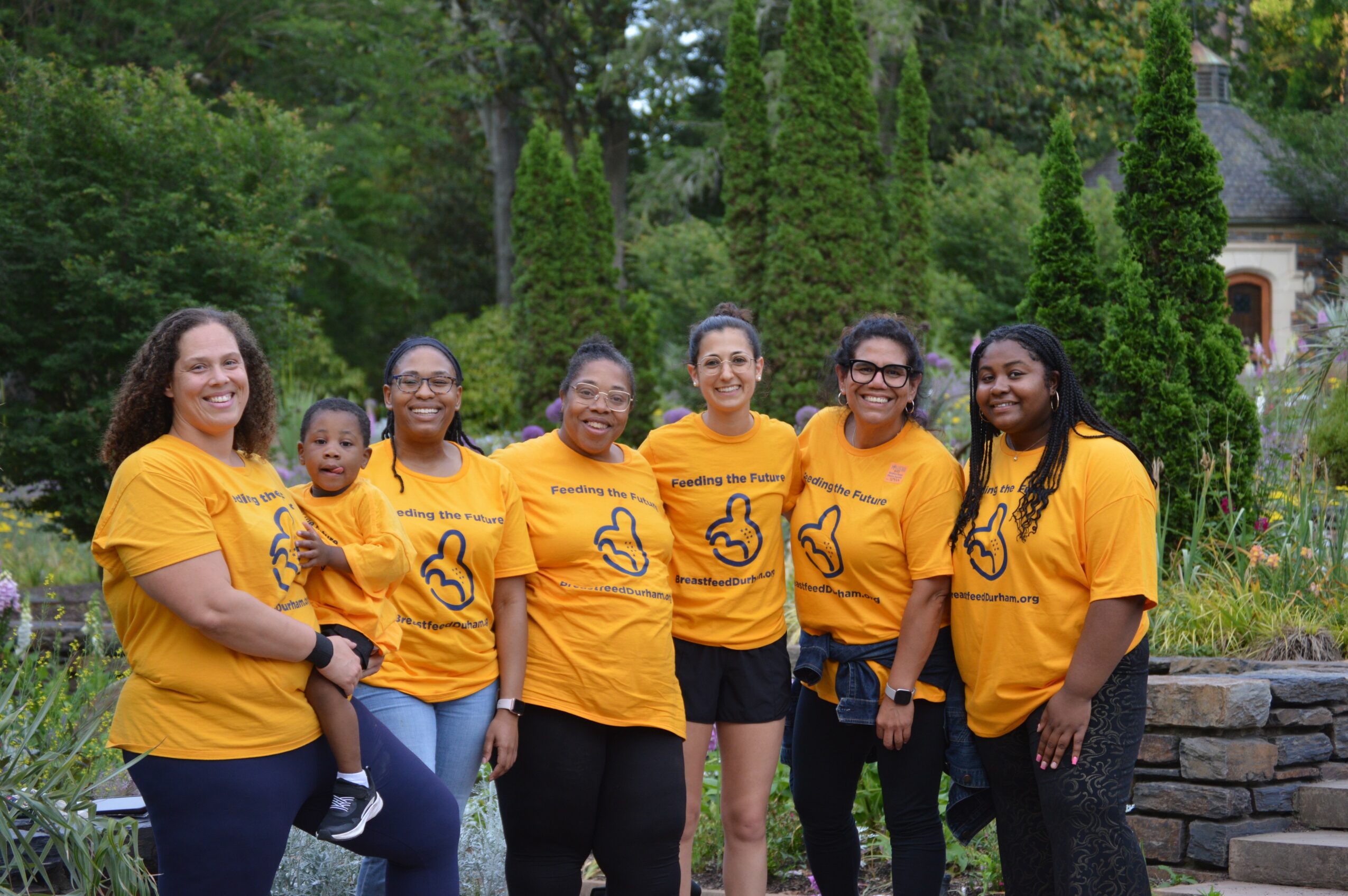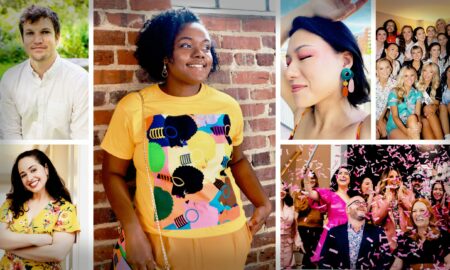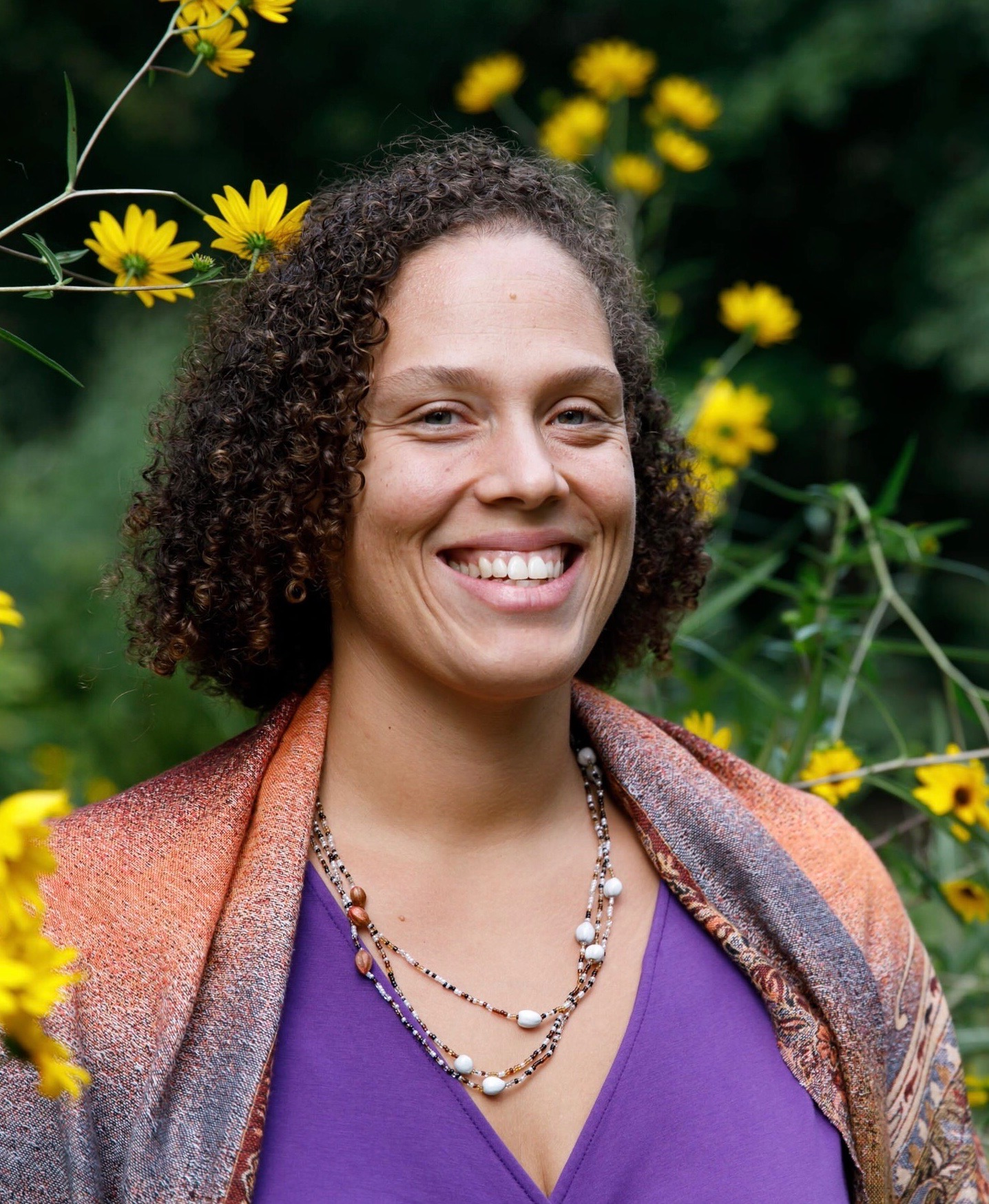

Today we’d like to introduce you to Love Anderson.
Hi Love, so excited to have you with us today. What can you tell us about your story?
I grew up as a Black-Cherokee woman in rural Tennessee, and even from a young age, I was aware of the inequities that shape our world. With a mother who passed for white and a Black father married in 1974 in Tennessee, my life has always been a blend of diverse experiences—and it’s these experiences that have driven my passion for advocacy.
When I became pregnant with my first child, I couldn’t help but wonder what it would be like to raise a multiracial child in a society riddled with disparities. That worry turned into a lived reality when my son, Ethan, was born. In his earliest days, we faced unexpected challenges. Ethan was born with profound hearing loss in one ear, and during a consultation with one of the world’s leading pediatric ENTs, I was told that we didn’t need genetic testing because I was “experiencing the stress of being a racial minority in America.” That deeply honest and heartfelt remark from a healthcare provider who is processing his own trauma with his own children, left me reeling and even more determined to fight for better care and understanding.
The day after undergoing an MRI, while still battling postpartum bleeding, I returned to my job as a high school math teacher—expressing milk on a folding chair in a school bathroom, driven by the need to support my child’s development. That moment marked a turning point for me. I delved into research on brain development, immune systems, and early childhood growth. I discovered that breastfeeding—often called “liquid gold”—was not only vital for my children’s health but also a powerful tool to help counteract the inequities that many minority families face.
My personal journey soon became my mission. And by 2018 during a chance meeting with a local lactation consultant sparked the idea that I could help create a more supportive community for families like mine. This was the beginning of my work with Breastfeeding Family Friendly Communities, an initiative that would later expand into multiple roles—from leading Breastfeed Durham to serving on boards and eventually co-founding initiatives like the SAFE Team in response to crises such as Hurricane Helene in 2024.
Every step of my journey—whether it was volunteering with the Durham La Leche League, serving as the Parent Advocacy Group Liaison with the North Carolina Breastfeeding Coalition, or working as a Community Health Worker with the Durham County Department of Public Health—has deepened my commitment to ensuring that every family receives the healthcare and support they deserve from the very start. I’ve seen firsthand how a breastfeeding-friendly community can be a great equalizer, breaking down the barriers that too often prevent families from thriving.
Today, as I continue my work in policy development, digital strategy, and collaborative advocacy, I remain driven by the belief that no parent should have to face these challenges alone. I fight for change every day, so that by the time my grandchildren are born, every family that chooses to breastfeed will have the full support of a community that truly understands and values their needs.
We all face challenges, but looking back would you describe it as a relatively smooth road?
It certainly hasn’t been a smooth road—far from it. I’ve faced more bumps and detours than I ever expected.
In college, I majored in physics and even worked toward a PhD at North Carolina State University. But the lab environment left me feeling isolated and alone—I hated the separation from people. When my father passed away from prostate cancer—a harsh reality for so many Black men in the early 2000s—I was left without support from my employer and the academic system. It felt as if, as a woman in my field, I had to choose between a career and a family.
After that, I started my own business. It was a challenging venture, and I eventually learned from my co-founder that I was better at giving money away than making it. One bright spot was tutoring some of our high school employees in math, just to ensure their parents didn’t force them to quit their jobs. But as Amazon emerged, we knew it was time to pivot, and that’s when I began teaching high school.
I’ve also endured personal losses that have reshaped my life. Losing my half-brother to violence on the southside of Chicago was a shock that stirred something deep inside me. It made me yearn to return to my community and make a tangible difference—a commitment that sustained me for years.
Teaching at Hillside High School, one of our nation’s historically Black high schools, was a rewarding experience. Yet everything changed when I had my baby. Suddenly, my school system, community, and even my friends didn’t understand my journey with a child who has special needs. They couldn’t grasp the lengths I had to go to keep him safe and healthy. For me, breastfeeding wasn’t just a personal choice—it was a lifeline for my baby. But it wasn’t culturally normalized in my community, and I found myself forced to quit my job because the system didn’t support my needs, nor did it even help cover basic childcare costs.
I remember being labeled a “purple unicorn” by one of my physics professors—a reminder of how out-of-place I often felt as a woman of color in a field that wasn’t built for me. I tried so many things—searching for where I truly belonged. And like so many parents, once I had one child, the overwhelm led to having two. That’s when I discovered a role as a Leader in La Leche League. They welcomed me and even let me bring my two rowdy kids along while I volunteered. Their support was amazing, but I was struck by how predominantly white the organization was, especially in a multiracial city like Durham. It made me question why our lactation support systems did not truly reflected the diversity of the communities they served.
By 2018, I and found by people, by friends. I was spending hours with a few other moms of color, sharing our struggles—work stress, heartbreak over SIDS, and the pains of postpartum bleeding. We often felt isolated and angry. Then, as my kids started preschool (which wasn’t quite the right fit for my special-needs child), I found a parent advocacy group called Beginnings. They were working to change North Carolina law to better meet the needs of bright kids who are deaf or hard of hearing, and their success was nothing short of inspiring.
I walked into one of my La Leche League meetings and discovered an informal lactation support group composed mostly of women of color. Listening to their stories about work, isolation, and a lack of family support, I realized this was exactly what we needed in our community—a network that understood our struggles and our strengths.
Then I encountered a project from the Carolina Global Breastfeeding Institute, and suddenly, pieces of the puzzle began to fall into place. I wasn’t alone—so many people supported me along this tumultuous journey. I’ll never forget the day the current Chair of the North Carolina Breastfeeding Coalition took me out for lunch, helped me find a babysitter, and told me I could be a leader in this work, even though I had no formal training. “We need parents like you,” she said, emphasizing that real change comes from those who experience the system firsthand. They even paid for me to attend the US Breastfeeding Committee conference, where I was trained as a leader and introduced to national advocates.
I met a national advocate in Cary who offered to come to my home to help brainstorm solutions. I remember our first meeting: we gathered around my dining room table, I had prepared a crockpot full of soup because I couldn’t even afford to go out for lunch, and from that humble gathering, over the next two years, we worked with advocacy groups to help pass the Pump for Nursing Mothers Act. That law ensured that the next teacher wouldn’t have to pump in a high school bathroom—one small step that meant so much.
Every twist, every setback, every moment of isolation has propelled me forward. I’ve learned that our struggles, as painful as they are, can become the catalysts for genuine, transformative change. I’m committed to ensuring that no parent ever has to face these challenges alone—and that every family can access the support they need to thrive.
Thanks – so what else should our readers know about your work and what you’re currently focused on?
Health and belonging advocate
We’d love to hear about how you think about risk taking?
I’ve always believed that without risk, we can’t change the world. The greatest risk I ever took was making a financial investment in our organization to address infant and young child feeding emergencies in Western North Carolina. I knew that, both from a financial standpoint and time capacity, it could have put our entire organization out of business—but it was the right thing to do. Babies were dying, and I couldn’t stand by and do nothing.
When disasters like Hurricane Helene strike, they don’t just knock out power and water—they expose the very vulnerabilities of our communities. I witnessed firsthand how a disaster can leave families without basic necessities, sometimes for months, and how this creates a perilous situation for our most vulnerable citizens: our infants. In these emergencies, every baby is at risk, and the consequences of not acting are dire.
I invested in the SAFE Team knowing that the stakes were life and death. Breastfeeding is the safest way to feed babies in an emergency because it not only nourishes them but also keeps them close, fed, hydrated, and protected from illness. I wanted to ensure that families, regardless of how they feed their babies, received the support and reassurance they needed. Our approach is rooted in culturally appropriate, trauma-informed care—assessing first, then providing tailored support.
I also understood that the risks extend beyond individual health. In emergencies, formula-dependent babies face additional dangers and their families need education and support because powdered formula is not sterile and requires clean water, proper heating, and refrigeration—resources that are often compromised. Even families who mix feed need guidance to do so as safely as possible. I saw an urgent need for a coordinated, equity-centered response that would safeguard infant feeding during crises, and I was determined to make it happen.
The financial risk we took was immense. It meant diverting resources that could have ensured our stability in the short term, all to build a program that would train over 500 volunteers nationwide, provide direct lactation support to more than 300 families, distribute thousands of infant feeding sanitation kits, and facilitate the distribution of donor milk to feed over 83,000 infants. I knew that this investment, though risky, was essential to save lives.
Now, as we continue to face funding gaps—I’m asking our funders to help bridge the gap. We urgently need sponsorship for our highly trained infant feeding specialists, who work in pairs to provide life-saving support in these challenging conditions. Even a small commitment can make a huge difference in ensuring that our program continues to serve families in crisis.
Risk-taking isn’t about being reckless; it’s about making the hard choices when lives are on the line. I’m proud to have taken that leap, knowing that the work we do is not just about feeding babies—it’s about protecting our communities and fighting against the inequities that make these emergencies even more devastating.
Pricing:
- $85 for technical assistance to organizations like Health Department and hospitals
- https://www.paypal.com/donate/?cmd=_s-xclick&hosted_button_id=SHPD6ULN6BLDW&source=url&ssrt=1740433770406
Contact Info:
- Website: https://breastfeedingcommunities.org
- Instagram: https://www.instagram.com/breastfeedcommunities/
- Facebook: https://www.facebook.com/breastfeedingcommunities
- LinkedIn: https://www.linkedin.com/company/breastfeeding-family-friendly-communities/
- Youtube: https://www.youtube.com/channel/UCcUQerDY-AMpCoUnsssvhyQ
